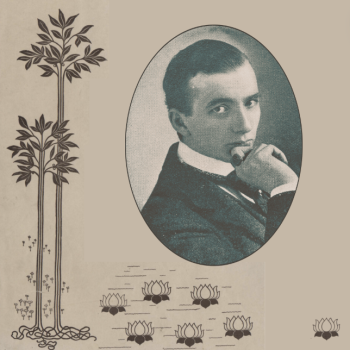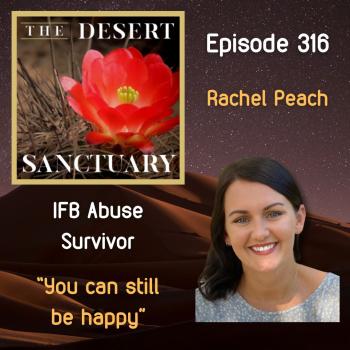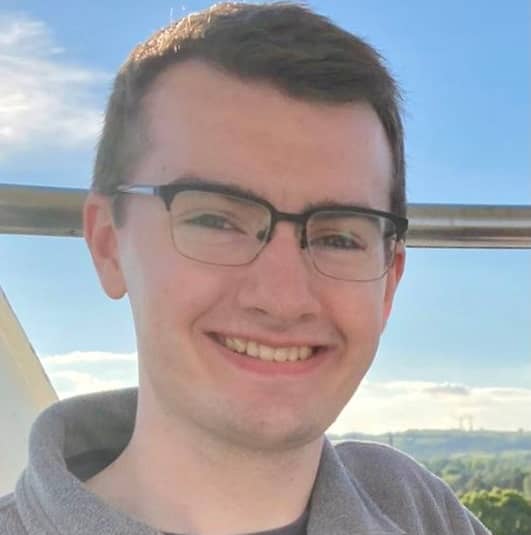
It’s a well-worn jest in Ireland that Americans think they’re more Irish than the Irish themselves! If this describes you, then perhaps you’ve come here at one time or another to check out your ancestry. Was your great-great-grandad from Ulster or Munster? Was your great-great-granny from Leinster or Connacht? Well, then you’re as green as Old Saint Paddy!
Those who have lived here all of our lives are not immune to the fixation on family history. My studies in this field recently led me to the village of Newtownbutler, County Fermanagh. Newtownbutler has a tiny population; fewer than a thousand people reside there today, based on 2011 figures. It’s where my mum’s parents had their first home together in the late Sixties.
To walk the streets your grandparents walked when they were in their twenties – to visit a place you’ve only heard of in old stories, then to see the changes which the years have wrought – enlarges your sense of time. You become Harry Potter in his Godric’s Hollow scene!
Like many towns and villages on the border between the Republic of Ireland and Northern Ireland, Newtownbutler suffered heavily during our Troubles. In the year 1972 alone, the Provisional IRA killed five men in the vicinity. Had my grandparents (both Protestants) not moved by then to County Down, it’s likely that I would never have lived to write these words.
For my tuppence-worth, it was Bishop Phillips Brooks (an Anglican, of course!) who penned the greatest line of hymnary to be found in any hymnbook: ‘The hopes and fears of all the years / Are met in thee tonight.’ You know it well; it’s from the carol “O Little Town of Bethlehem”. I reflect on all those hopes and fears which met in one Fermanagh village: the hopes of a new couple expecting their first child (my eldest aunt); their fears of IRA terrorism.
Of course, Christ is the one we sing about when we sing “O Little Town”. It was Christ who nailed our fears to his Cross. It was Christ who gave us reason to hope when he rose from the dead. Even as we look around, we can see flickers of that hope. They shine like pinpricks of light in a dark world. Our calling, through the lives we lead, is to fan them into bright beacons.
There is one such glimmer of hope opposite where my grandparents lived in Bridge Street, Newtownbutler. Bridge Street is where Newtownbutler’s courthouse once was, you see; now the building is home to the Courthouse Community Centre, complete with a Sure Start branch. For those outside the UK, Sure Start was a 1998 British government idea to support pre-school kids. (Maybe, then, you could rethink those “UNITED IRELAND NOW” flags, Newtownbutler!?)
Politics aside, there is something very ‘swords into ploughshares’, a phrase used in several Old Testament prophets, about a courthouse – which, doubtless, heard some atrocious cases – becoming a hub in which people of all ages can flourish. It sums up three decades of progress in this country since the advent of peace: a glimpse, even, of the final restoration of all things.
One prophet who used the ‘swords into ploughshares’ metaphor was Micah, who prophesied, ‘Everyone will sit under their own vine and under their own fig tree, and no one will make them afraid, for the Lord Almighty has spoken’ (4.4, NIV). It’s an image of abundance and thriving, a future in which, to quote an American spiritual, there is ‘plenty good room’ for all.
I’m happy to say that in 2024 Northern Ireland is a modern and pluralistic society. Not only do Protestants and Catholics now coexist peacefully but we share our homeland with newcomers of sundry nationalities: the Chinese, Filipino, Indian, Pakistani and Syrian communities, to name but a few. That people from around the world have settled here should make us proud.
For all this progress, though, nobody with a serious head on their shoulders would argue that we can ignore the past. Rural villages across the province have, like Newtownbutler, seen their population figures decimated; the volume of empty buildings in the village bears testimony to what once was. IRA terrorism, it must be remembered, can only have accelerated this process; many Protestants fled from border communities in the 70s and 80s in search of relative safety.
The sad fact is, international readers and friends, that when you turn the peaty soil in search of your Irish roots, you may waken a few skeletons, whose tales you must not ignore. Newtownbutler is where my grandparents began their marriage; it was also beset with IRA violence and an incident known as the Pitchfork Murders, in which two Catholic civilians died.
Lenience or outright amnesty towards the bringers of war can be no part of a reconciliation strategy; famously, the Good Friday Agreement opened up a way for paramilitaries to be released early from prison. To the victims whose tormentors wriggled out from under the weight of natural justice, I can offer only this: ‘I will repay, says the Lord’ (Romans 12.19, RSV).
When we say the Creeds in church, we turn to face the altar and sum up the whole arc of history: from the moment of creation to the life everlasting. In the grand scheme of things, then, what do the human stories and tragedies that unfolded in a small village really matter?
Christians believe that in Christ’s Incarnation, the human and the divine were united in the person of Jesus, ‘not by conversion of the Godhead into flesh: but by taking of the Manhood into God.’ This means that God is intimately involved in, and has a stake in, our human stories.
When security forces visited a family with a son or daughter in the British Army, the Garda Síochána, the Royal Ulster Constabulary or the Ulster Defence Regiment with news of a loved one’s death, it wasn’t only that family’s collective heart which broke; it was Our Lord’s heart, as well. God is with us – by the instruments of his grace, his Word and Sacrament – when we suffer; ‘He heals the brokenhearted,’ writes the Psalmist, ‘and binds up their wounds’ (147.3).
And so, let us be thankful that by the grace of God and the courage of our people, the cause of peace has finally prevailed. Northern Ireland is in a different place now. To remember our past is no less than the many victims of terror and their families deserve; but neither can we neglect our future, for there is much to be done. ‘Let us go forward together,’ as Churchill said.
5/9/2024 11:44:27 PM





